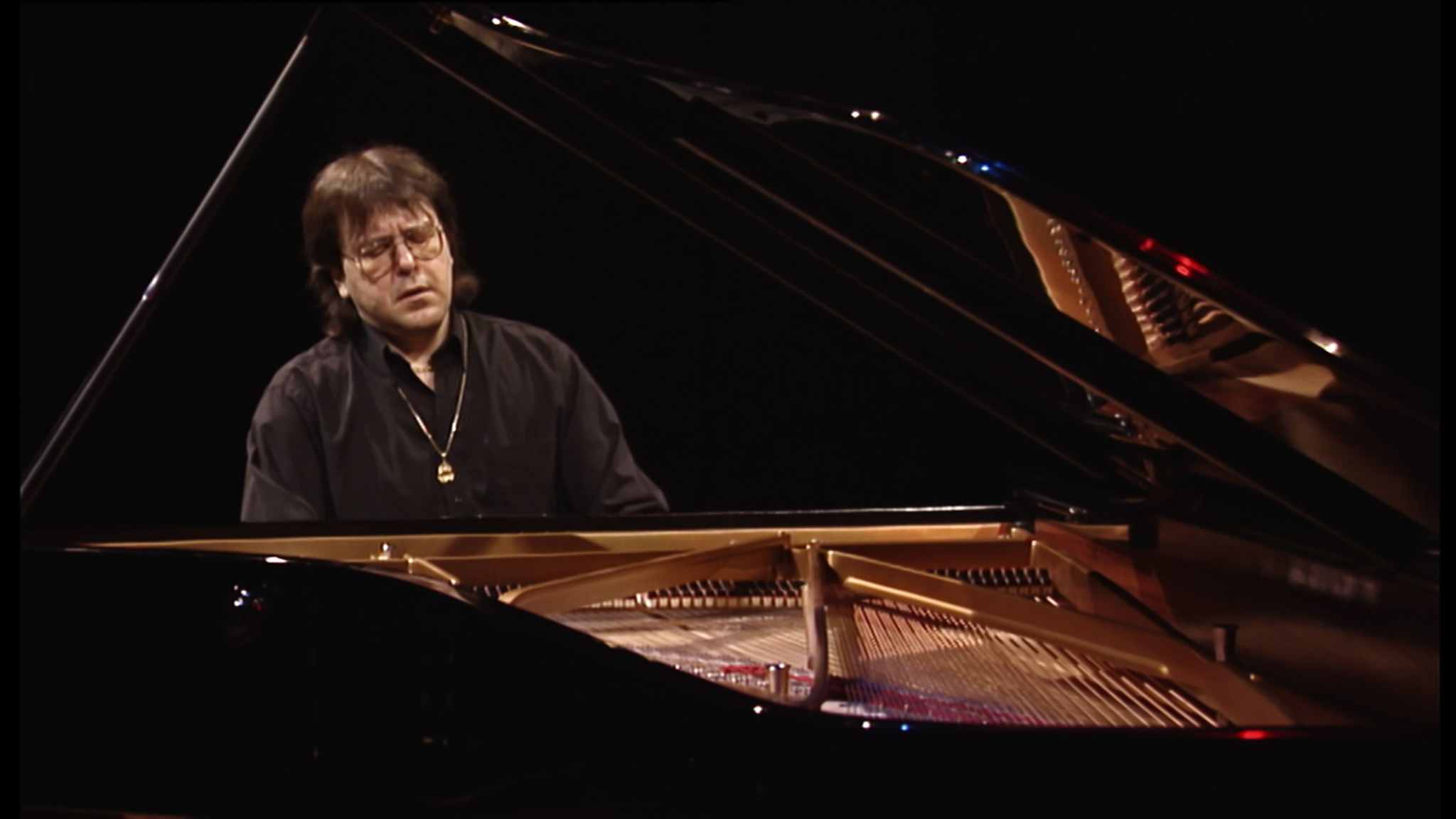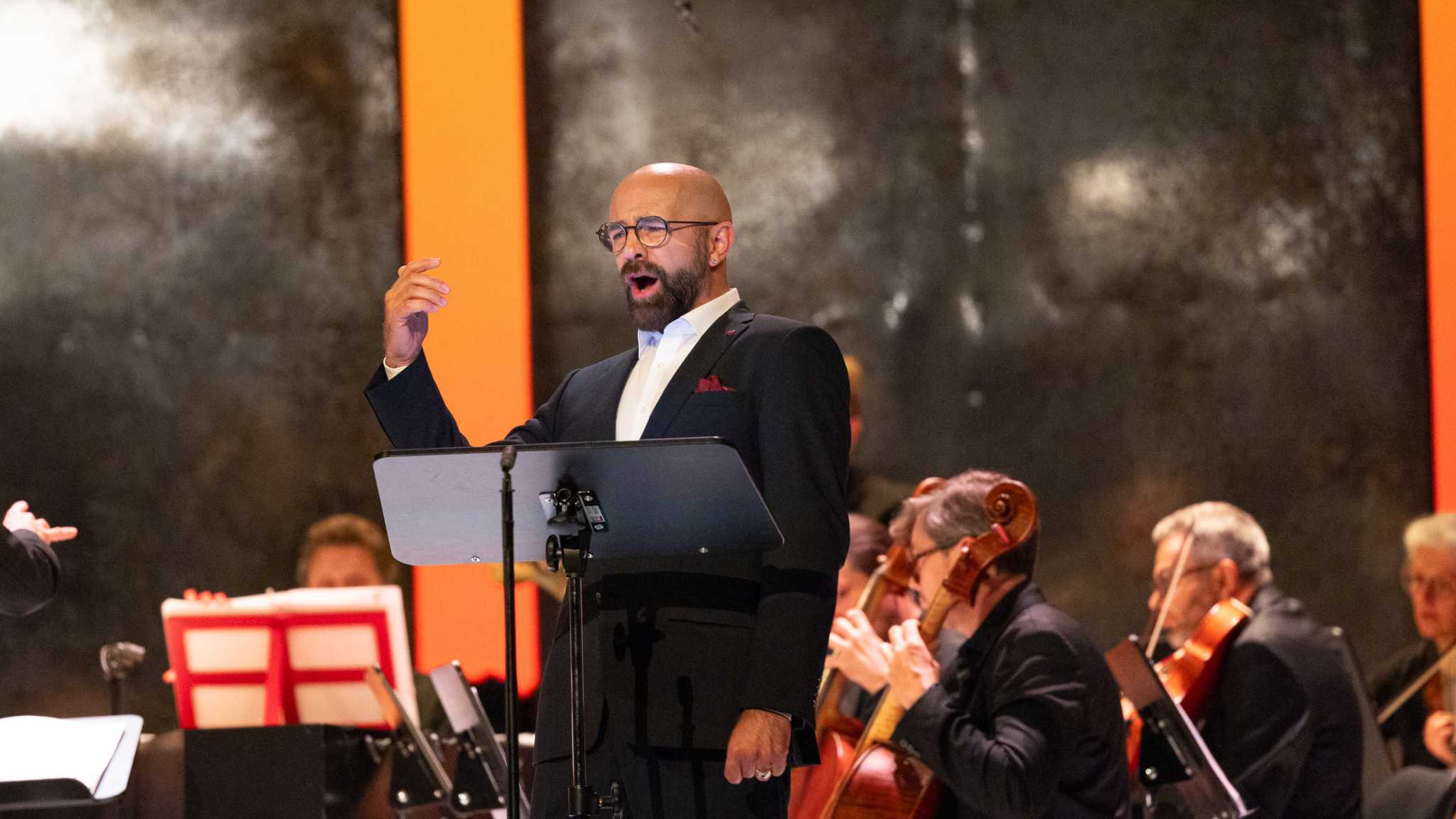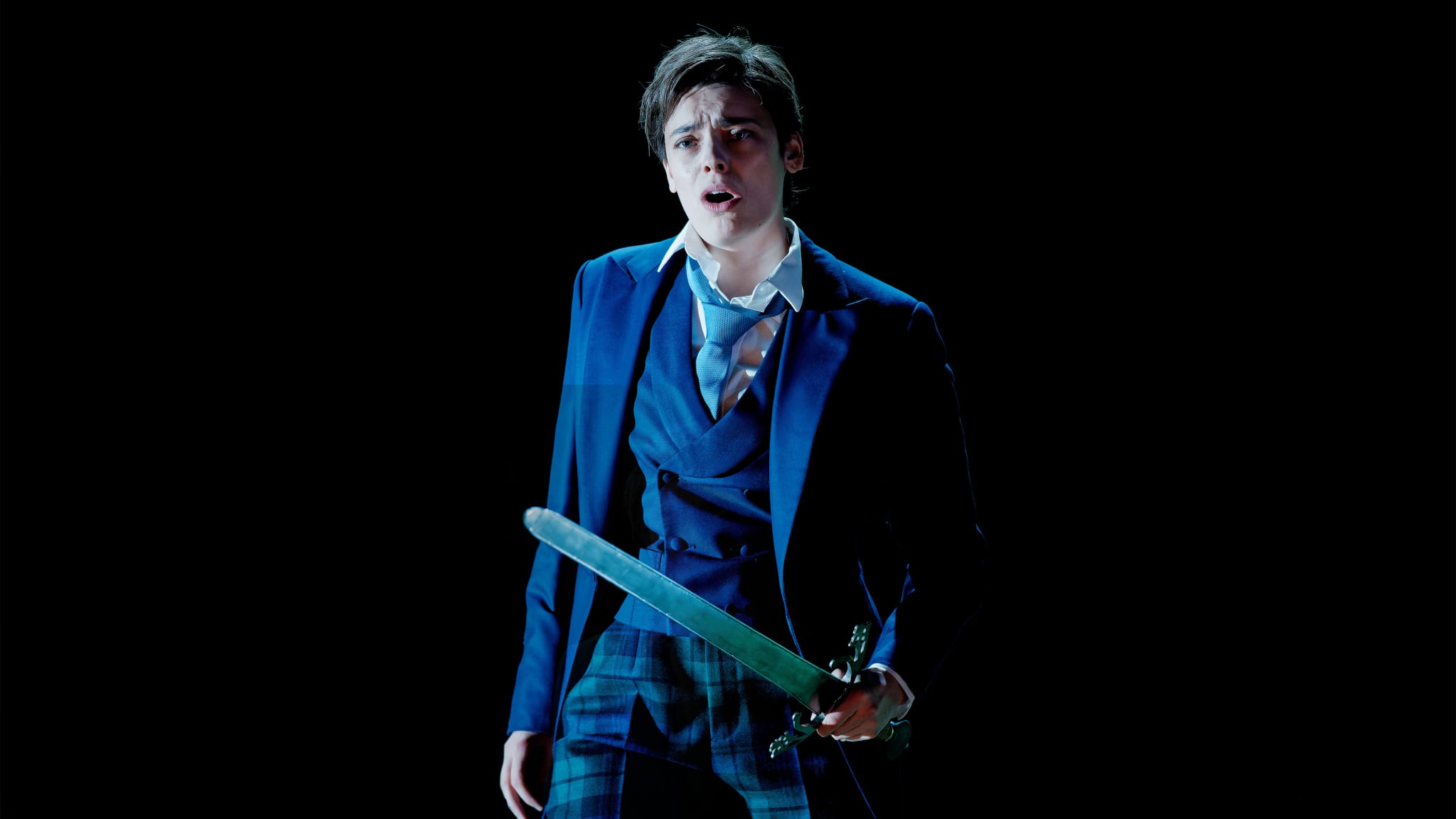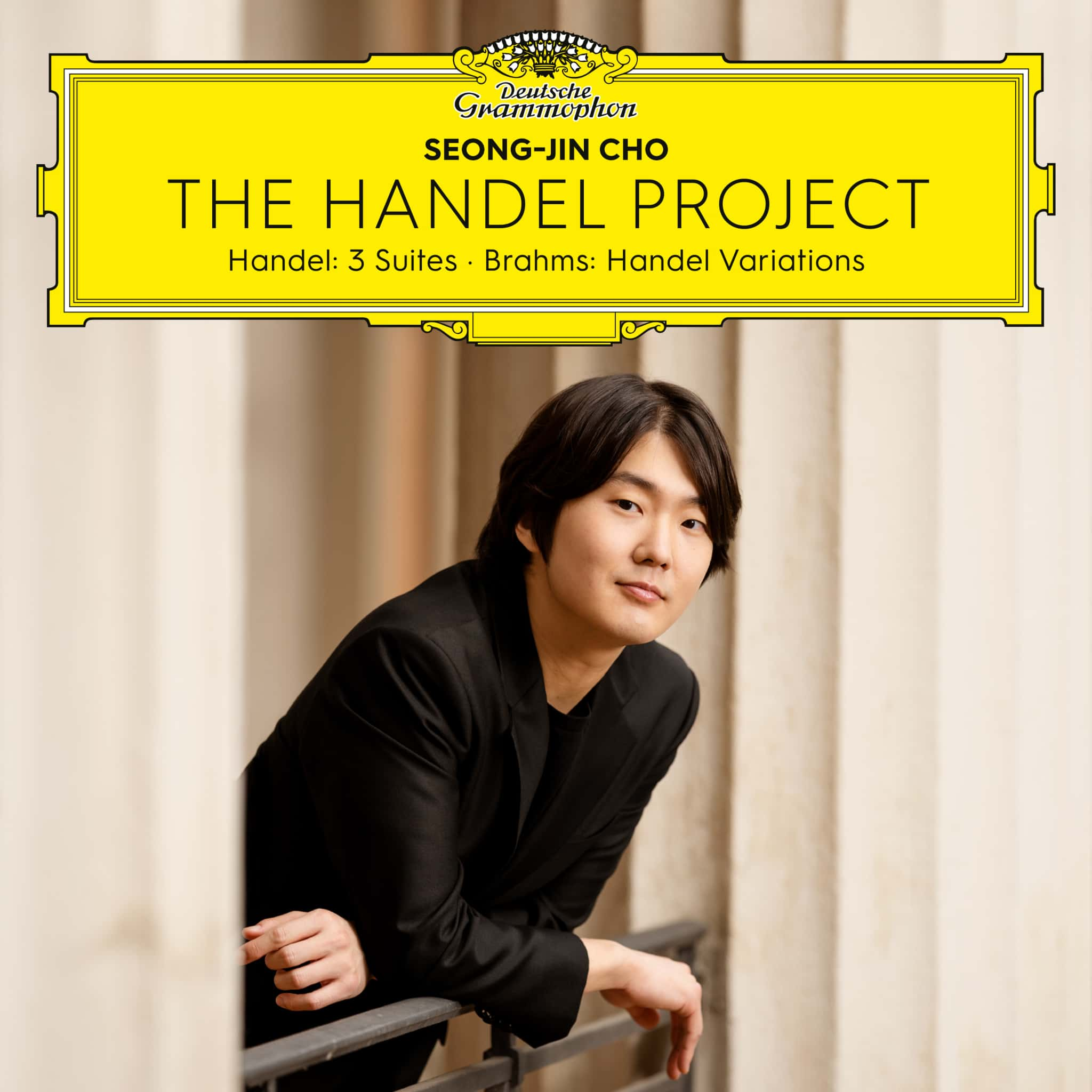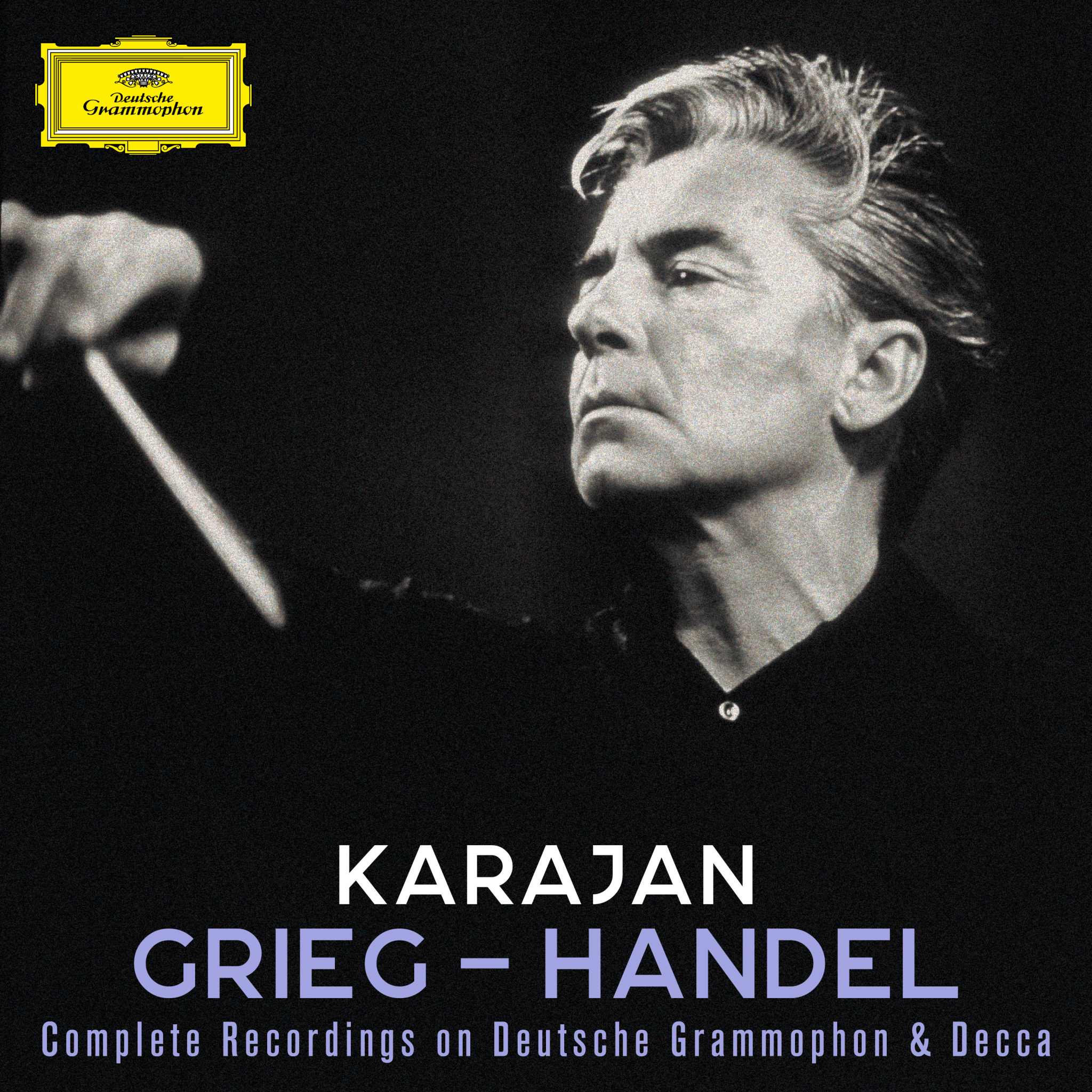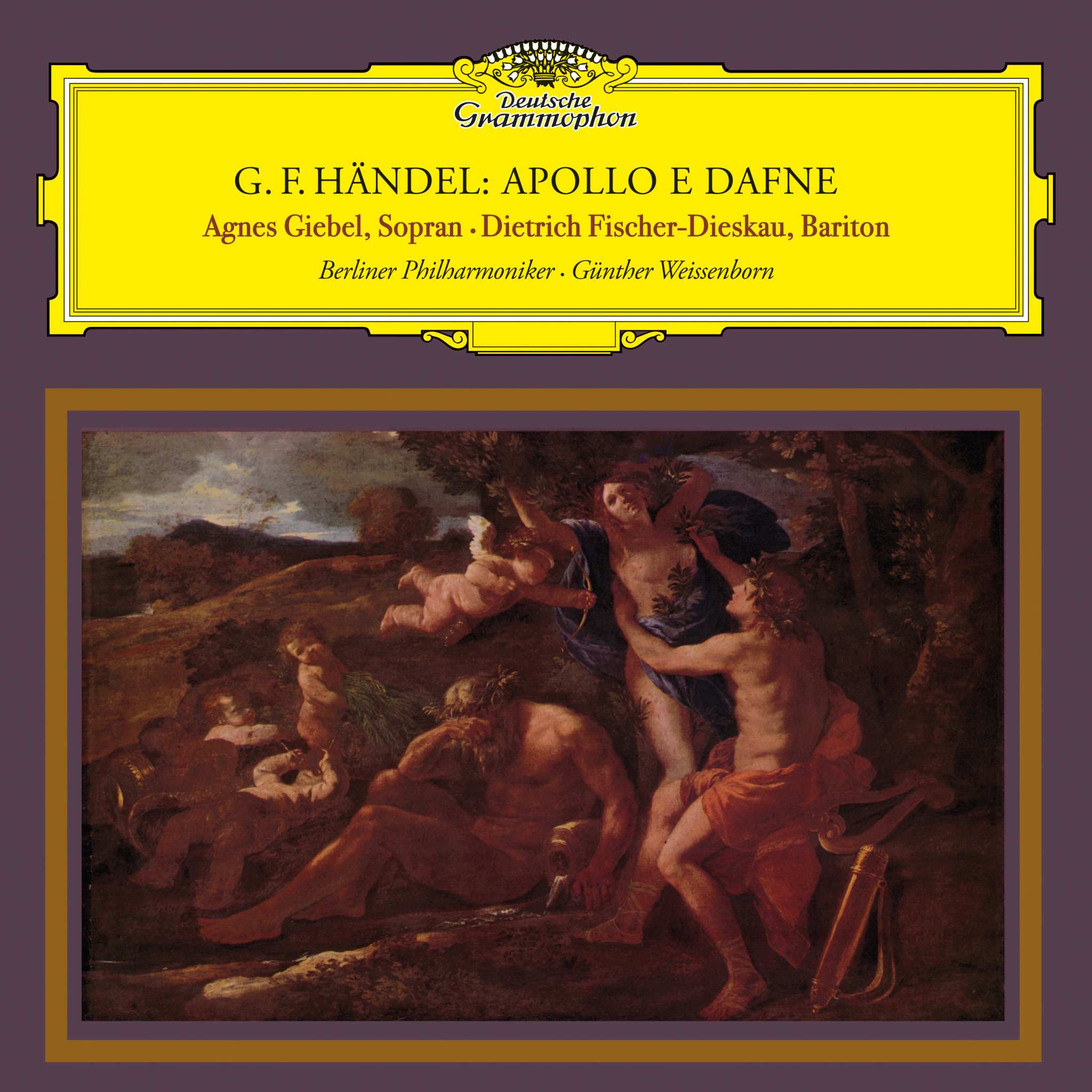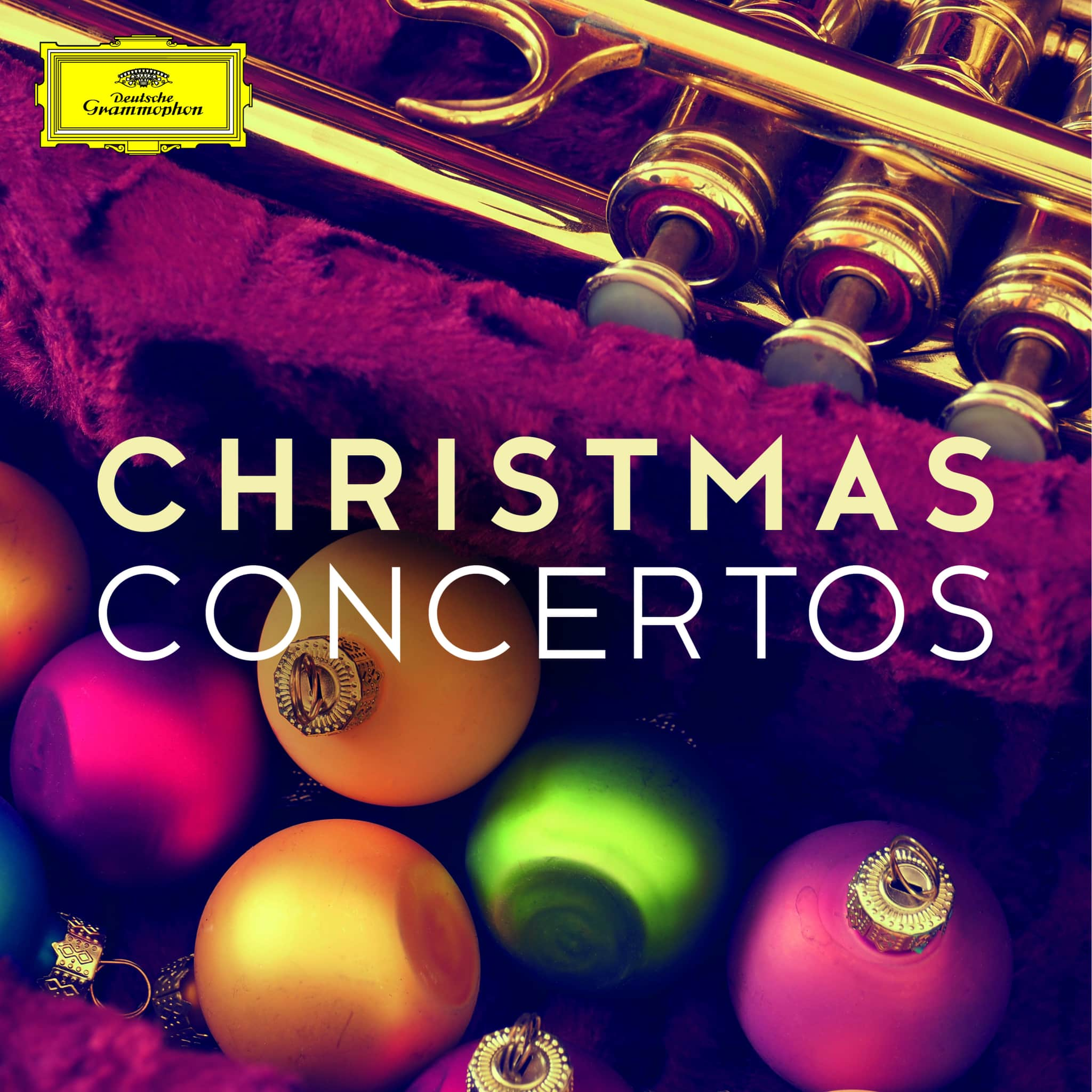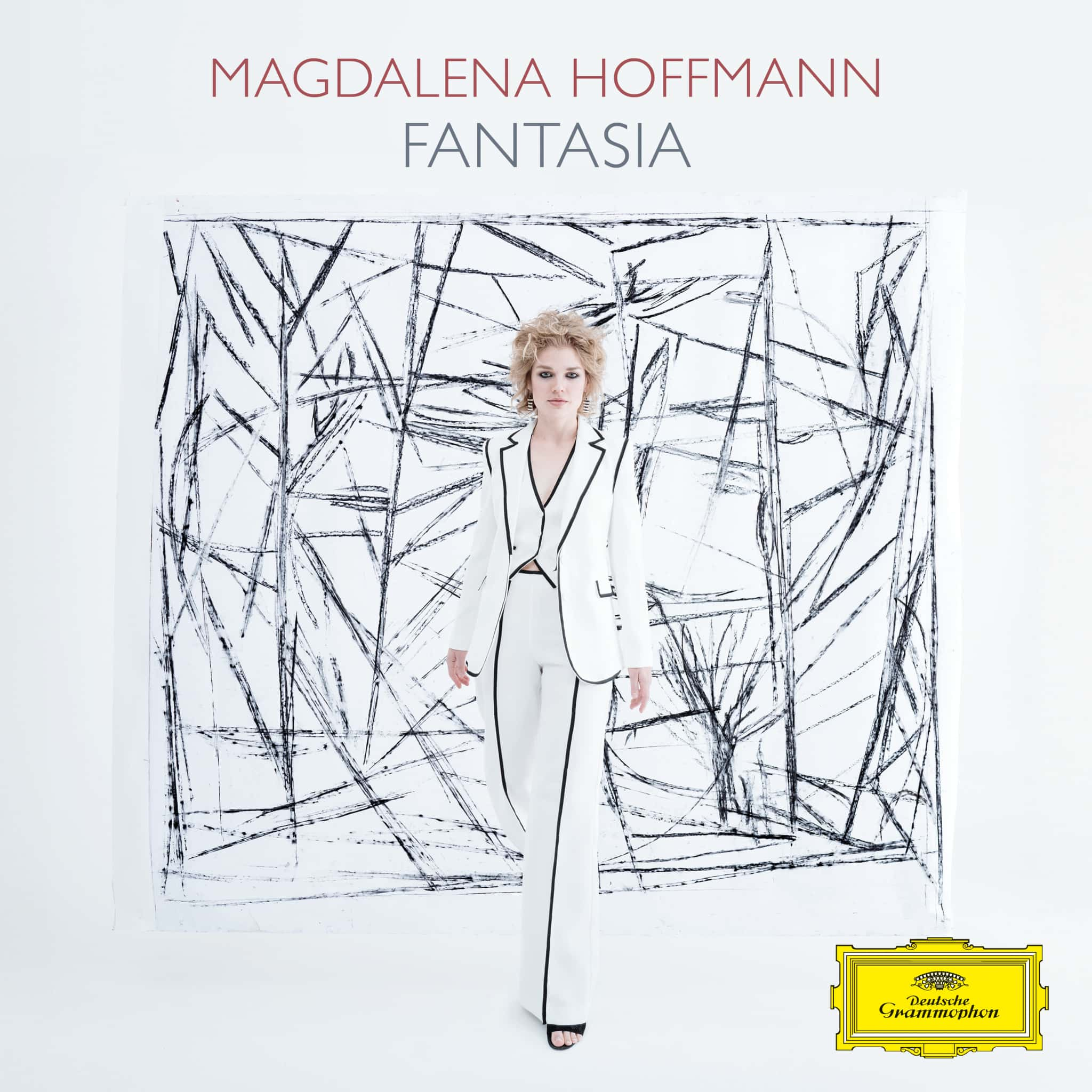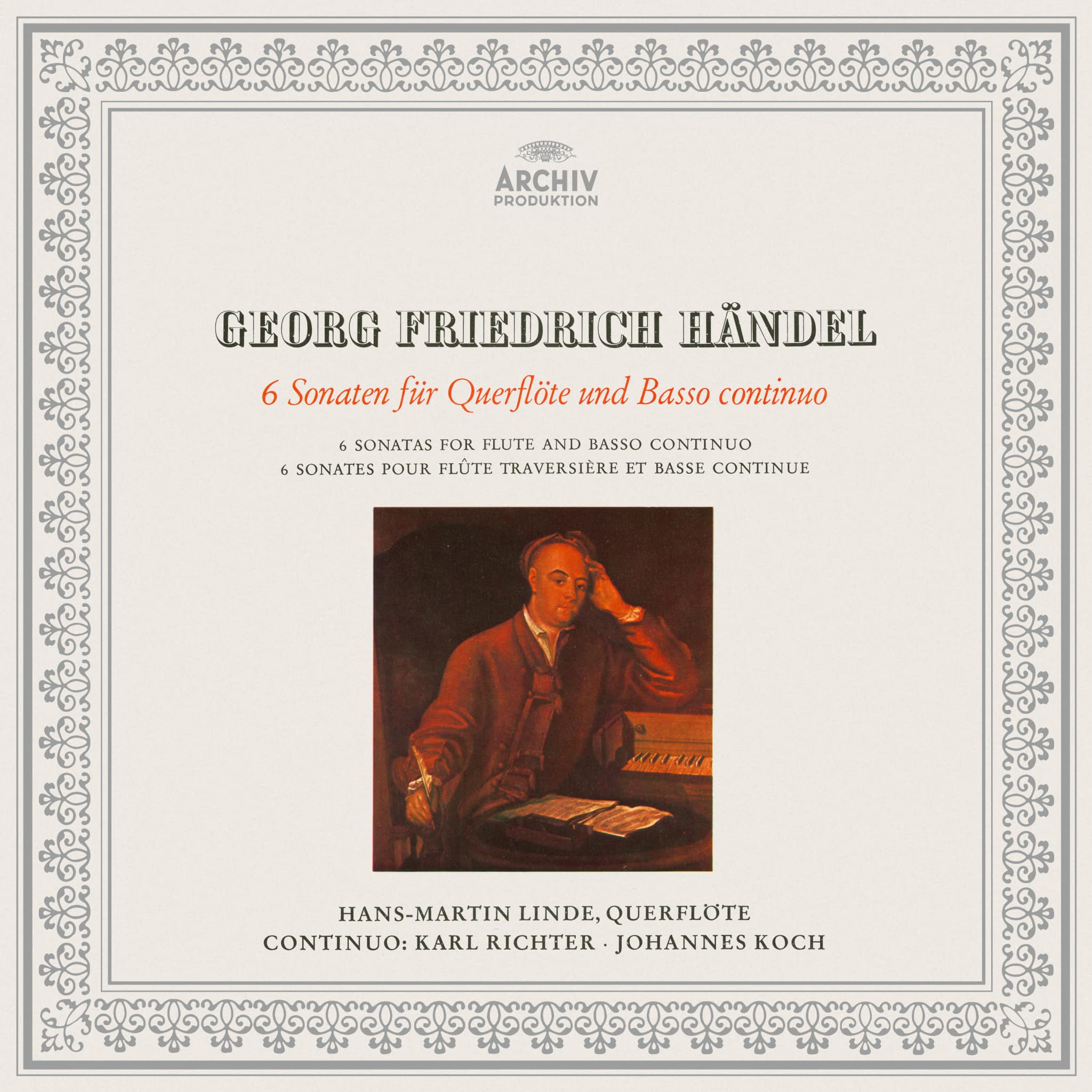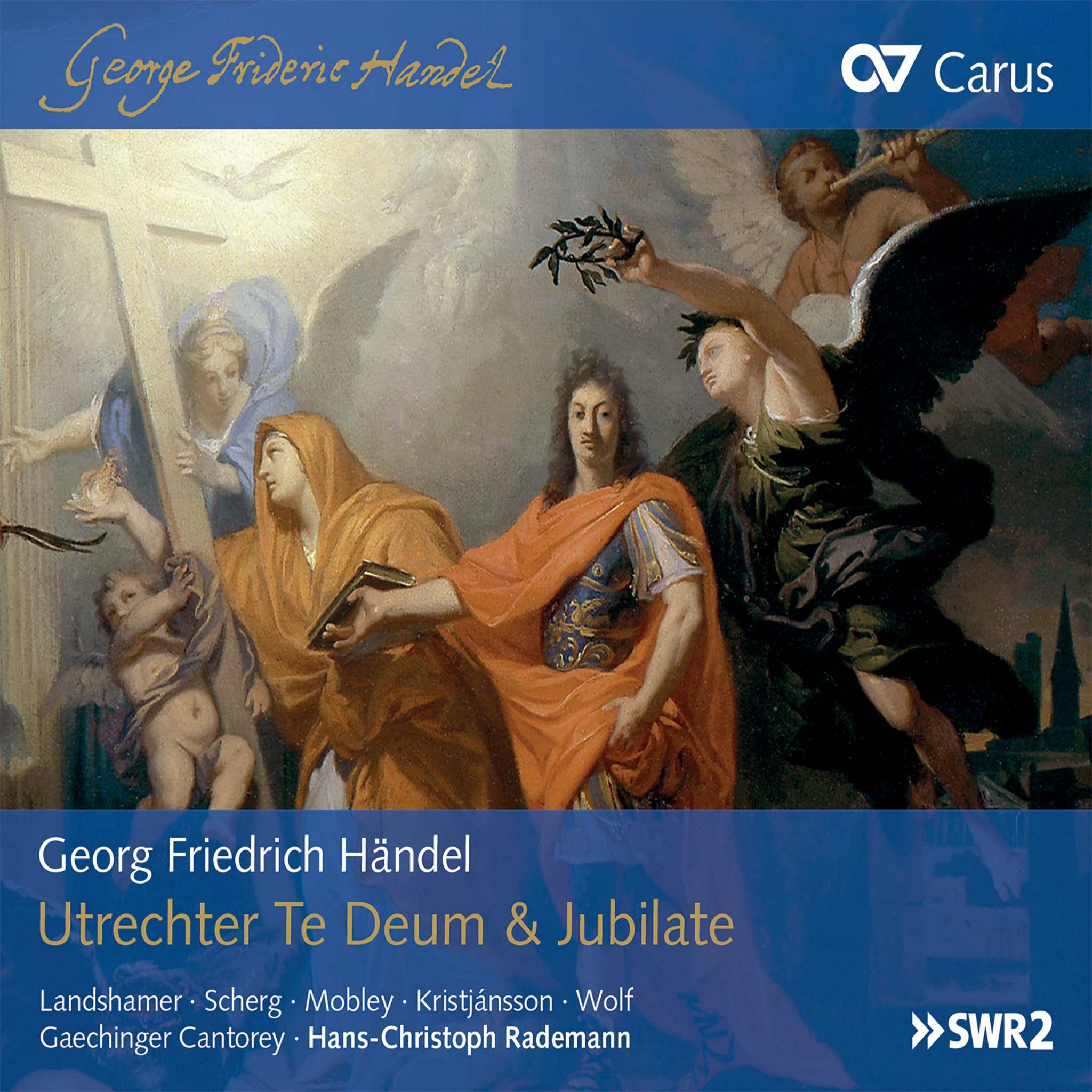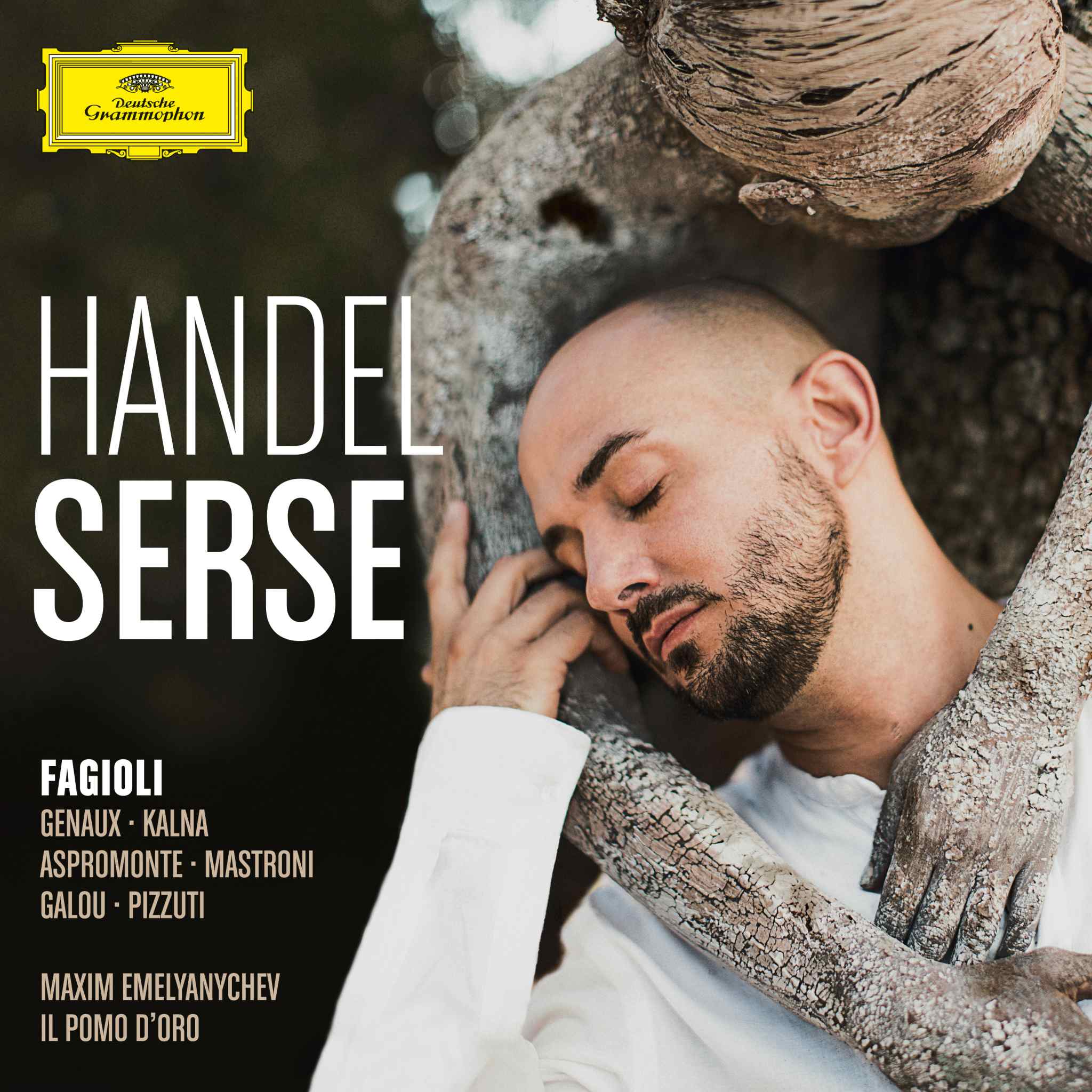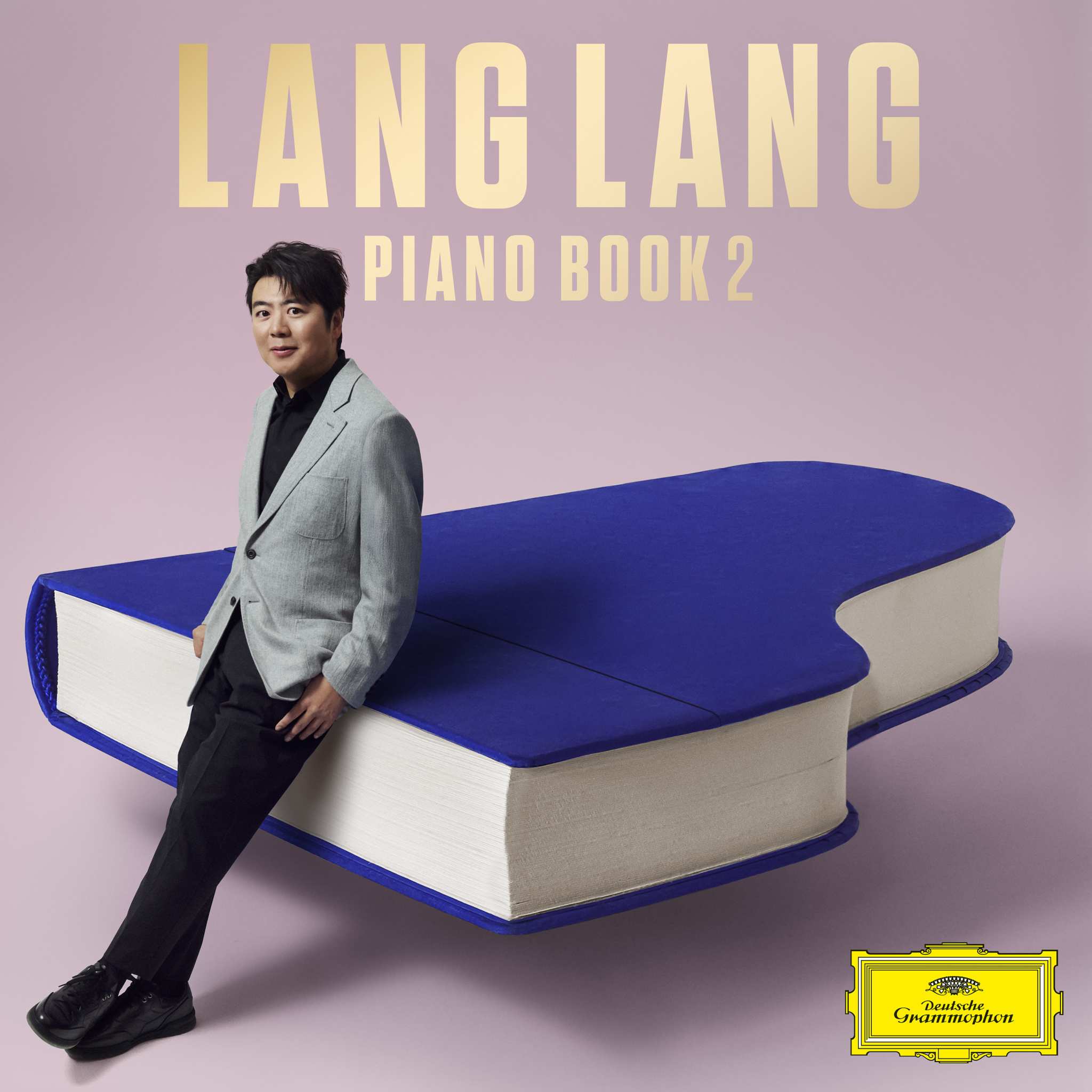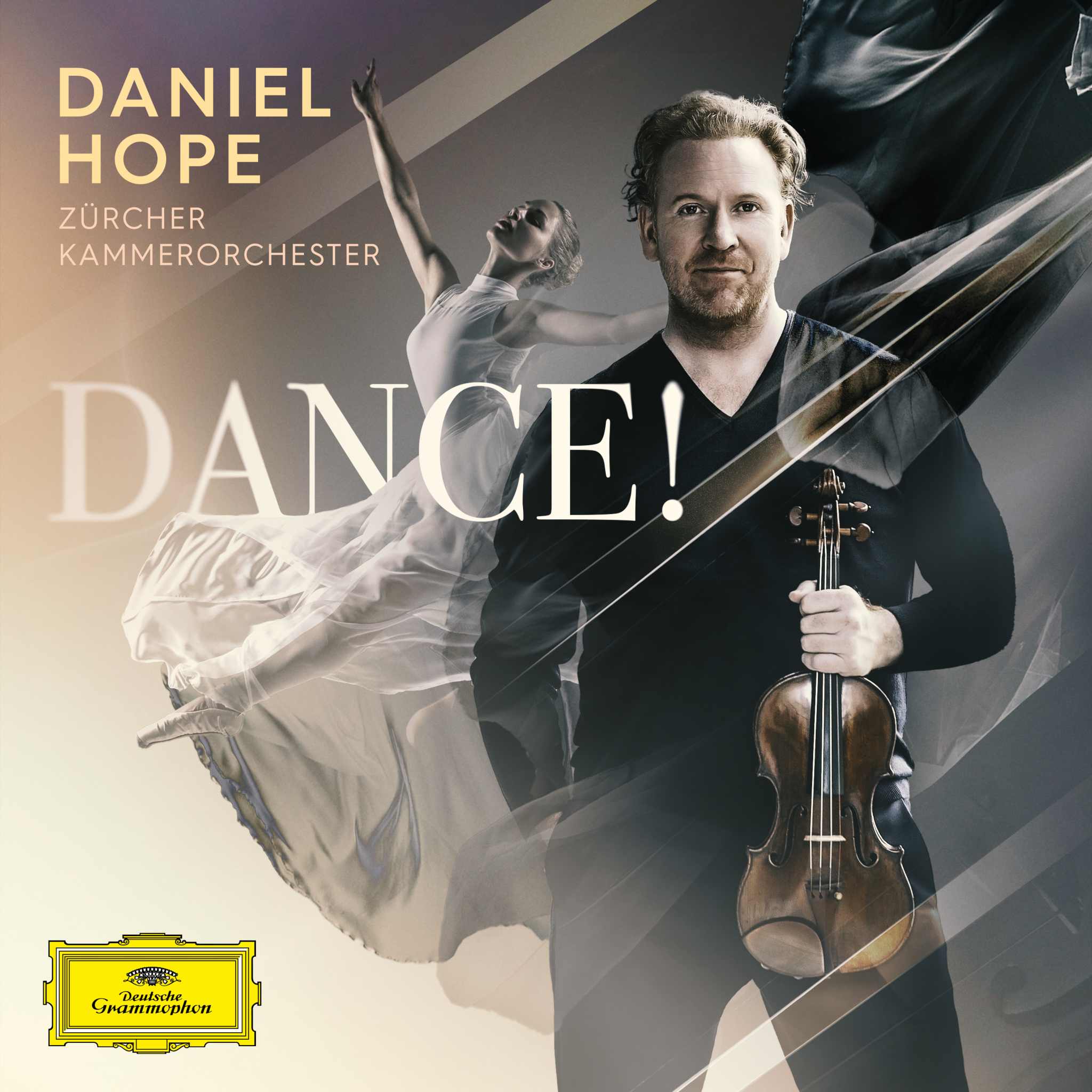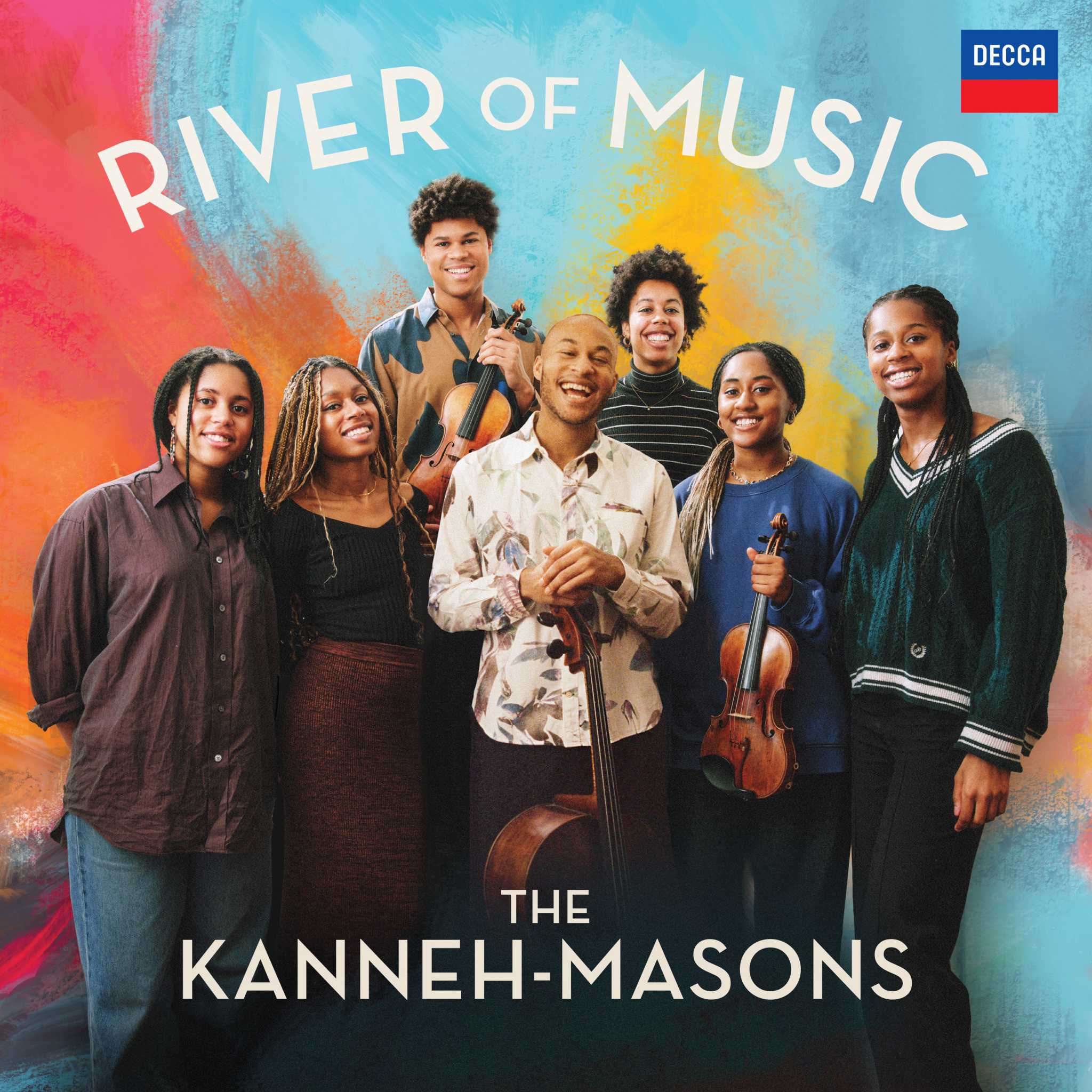AboutGeorge Frideric Handel
George Frideric Handel, alongside Johann Sebastian Bach, is the most significant composer of the Baroque era. His works, particularly in the genres of opera and oratorio, hold a singular position unmatched by any other composer of that period. Beyond the world-famous orchestral suites Water Music and Music for the Royal Fireworks, approximately 40 operas and 25 oratorios, including Messiah, established Handel's fame during his lifetime. Then as now, these works remain at the heart of classical music lovers' interest worldwide. But George Frideric Handel also left behind significant compositions in many other common musical genres of his time.
Handel was born on February 23, 1685, the same year as Bach, in Halle an der Saale, the son of a wealthy barber and surgeon who served, among other roles, as court surgeon to the Duke of Saxe-Weissenfels. His father was already 63 years old at the time of his birth.
The confirmed information regarding Handel's childhood is sparse, but he apparently secretly learned to play the clavichord at the age of six and began composing at nine. Only one reliable source, a biography published in London in 1760, the year after Handel's death, recounts his earliest years. According to the author John Mainwaring, Handel's musical career began when Duke Johann Adolf I heard the eight-year-old boy playing the organ in Weissenfels. The Duke immediately recognized Handel's great talent and persuaded his entirely unmusical father to allow his son to pursue a career in music.
Subsequently, Handel received a fundamental compositional and instrumental education from the eminent composer Friedrich Wilhelm Zachow, who influenced not only him but also Bach. When his father died in 1697 at the age of 75, Handel's non-musical education was also already well advanced, as evidenced, for example, by a highly impressive poem the twelve-year-old wrote for his father's memorial booklet.
In 1701, the then 20-year-old composer Georg Philipp Telemann stopped in Halle to meet, as Telemann writes in his autobiography, "the already very important Mr. Handel." This visit led to a lasting artistic friendship. The following year, Handel began studying law at the University of Halle under Christian Thomasius, the distinguished scholar who succeeded in ending the practice of witch trials in Germany.
But already in 1703, Handel was drawn to Hamburg, where the first German opera house, opened in 1678, was flourishing. Handel played the violin and later the harpsichord in the orchestra there. He befriended the singer, conductor, and composer John Mattheson, and together the two men applied that same year to succeed the deceased Dietrich Buxtehude in Lübeck. However, since tradition would have required the successor to marry Buxtehude's daughter, both men ultimately declined the position. The friendship with Mattheson did not last long: simmering professional rivalries eventually led to a famous sword duel between the two young composers outside the Gänsemarkt opera house and subsequently to a lifelong animosity.
On January 8, 1705, Handel's first opera, Almira, was performed with great success in Hamburg. Just a few weeks later, he followed up with Nero, an opera that must be considered lost. The same unfortunately applies to his next operas, Florindo and Daphne. In 1706, Handel traveled to Italy at his own expense to study Italian opera. He left behind two overflowing crates of compositions in Hamburg, which have also been lost.
During the four years Handel spent in Italy, he resided in Rome, Naples, Florence, and Venice, where his opera Agrippina in 1709 marked the breakthrough to his true, individual operatic style. With several operas and oratorios, as well as the famous Dixit Dominus, Handel established his international reputation in Italy. Numerous anecdotes recount his acquaintances with the leading figures of Italian music at the time. Handel, generally known as Il Sassone (the Saxon), met, among others, Lotti, Corelli, and the Scarlatti brothers. Particularly noteworthy is his first encounter with Domenico Scarlatti at a Venetian masquerade ball: masked, Handel sat at the harpsichord and improvised when Scarlatti entered the hall. Upon hearing the music, he is said to have exclaimed, "That is either the famous Saxon, or the devil himself." In 1709, Handel received an offer in Venice to become Kapellmeister at the court of Elector Georg Ludwig of Hanover. He accepted and took up the position in June 1710 – but not without first securing permission to be absent from court for extended periods for travel.
Handel took advantage of this at the end of the same year: he traveled to London for the first time, where the triumphant premiere of his opera Rinaldo, for which he composed his by far most popular aria, Lascia ch’io pianga, on February 24, 1711, marked the decisive turning point in his already very successful life. Although Handel returned to the Hanoverian court in the summer of the following year, his decision to live in England in the future had long been made. In October 1712, he returned to London, where – apart from travels – he spent the rest of his life.
In October 1714, his former and actual employer, the Elector of Hanover, was crowned King George I of Great Britain. The King bore Handel no grudge; rather, he immediately summoned him to play his works for him. For a lavish celebration of George I three years later, Handel composed the world-famous Water Music, which was performed by several orchestras, totaling many hundreds of musicians, on boats that sailed past the festive company gathered on the banks of the Thames. The King doubled Handel's salary and made him music tutor to the princesses.
After initial services as a house composer, first for the Earl of Burlington, later for the Earl of Carnarvon, Handel's eventful decades as an opera impresario began in the spring of 1719, lasting until 1741. It is difficult today to fully grasp what a heated political issue opera was in London (and other major European cities) during the Baroque era, passionately pursued and debated by all sides. Fortunes were made and lost with opera. Defamatory hate speech and serious intrigues by rival factions, both against each other and against artists and composers, as well as brawls in the audience that could escalate into full-blown street fights, were by no means uncommon.
In the spring of 1719, Handel took over the management of a new opera company, the Royal Academy of Music at the King's Theatre. He traveled to Dresden to recruit a troupe of singers, where he was also able to engage the enormously popular castrato Senesino. In April 1720, the company celebrated its first resounding success with Handel's Radamisto. Parallel to its director, the company simultaneously employed several composers. Particularly in Giovanni Bononcini, Handel found serious competition for public favor, which split opera enthusiasts into two camps. Only from the third season onwards did he succeed in outshining Bononcini with some of his strongest works, including Giulio Cesare, Tamerlano, and Rodelinda. However, the Royal Academy increasingly suffered from high salary costs and the ever-more popular English ballad opera (such as John Gay's Beggar's Opera from 1728) and was dissolved after the 1728 season.
In December 1729, Handel, together with the Swiss impresario Heidegger, opened a second opera academy at the King's Theatre, which was never truly financially successful. At the end of 1733, the rival opera company Opera of the Nobility (Die Adelsoper) was founded with Nicola Porpora as composer, which poached most of Handel's singers, including Senesino, and also managed to win over Farinelli. When Heidegger also leased the King's Theatre to the Opera of the Nobility, Handel was defeated.
Although his artistic focus had expanded to oratorio in the meantime, Handel now continued alone in the newly built Covent Garden. His enterprise languished, but until its final bankruptcy in 1737, he created some of his greatest operas with Ariodante, Alcina, and Orlando. The collapse of 1737 also affected Handel's health: a stroke forced him to take a longer cure, from which he returned fully recovered.
Handel continued to compose operas until 1741, but his passion for this genre visibly waned. His concentration was now on works such as the oratorios Saul and Israel in Egypt from 1738 or the Concerti grossi from 1739.
In 1741, George Frideric Handel composed what is arguably his most significant work, the oratorio Messiah. The premiere of the grand composition, created in a 23-day uninterrupted creative frenzy, took place in Dublin for the benefit of imprisoned debtors and infirmaries for the poor, quickly establishing a tradition: Handel subsequently always ensured that the proceeds from all performances of his most beloved work benefited the poor and needy.
Until 1752, his focus was on one to two new oratorios per year, mostly composed based on Old Testament themes. For the celebrations marking the end of the War of the Austrian Succession in 1749, Handel composed his famous Music for the Royal Fireworks. While working on Jephtha in 1751, Handel began to go blind. He underwent several eye operations, all of which were unsuccessful. By May 1752, he had practically lost his sight completely, which, however, did not prevent him from continuing to conduct performances of his oratorios as an organist and conductor. One week before his death, Handel was still at the organ during a performance of his Messiah. On April 14, 1759, a Holy Saturday, Handel died a wealthy and highly honored 74-year-old man in his London apartment. He was buried in Westminster Abbey, one of the greatest honors Great Britain can bestow.




